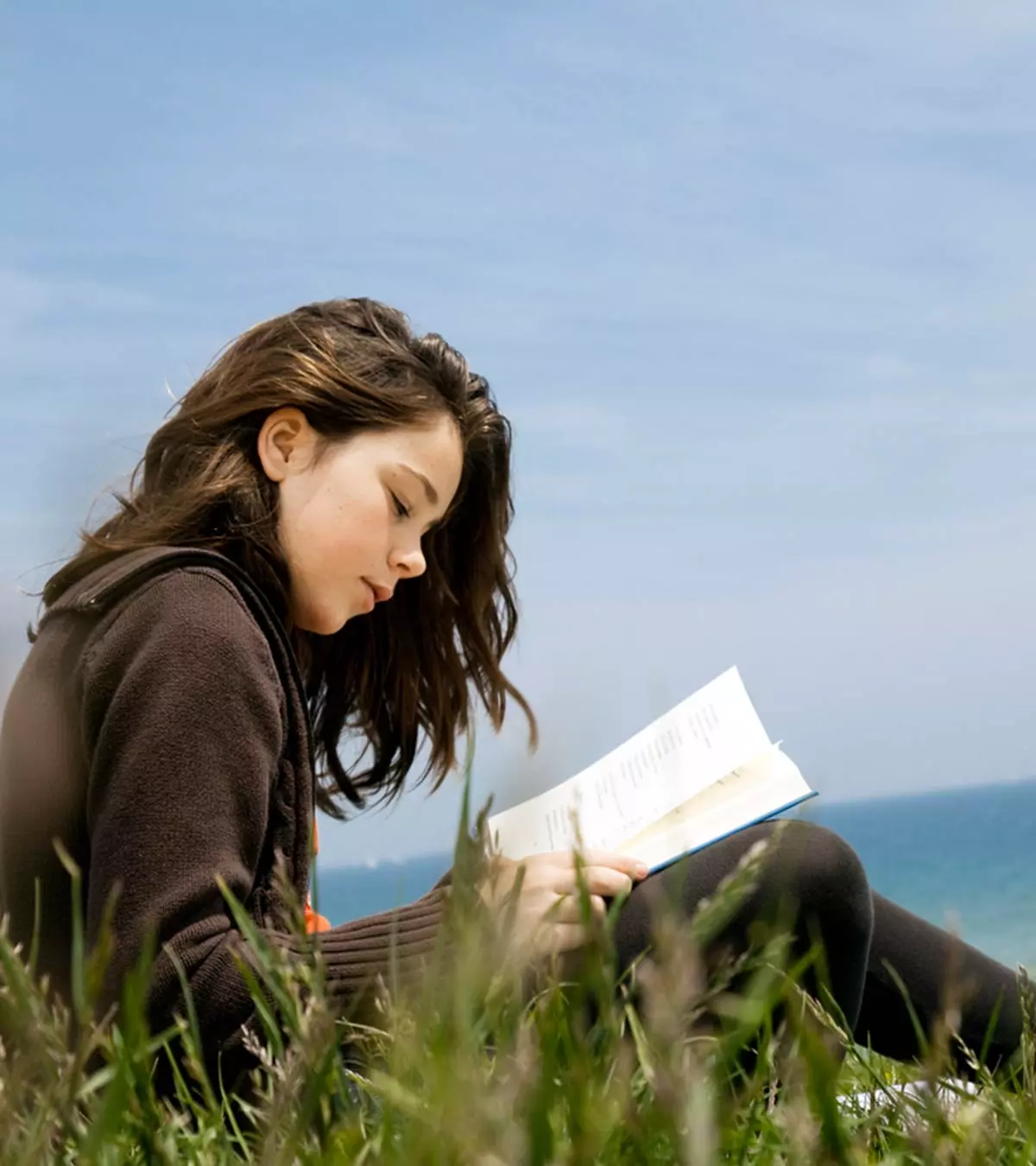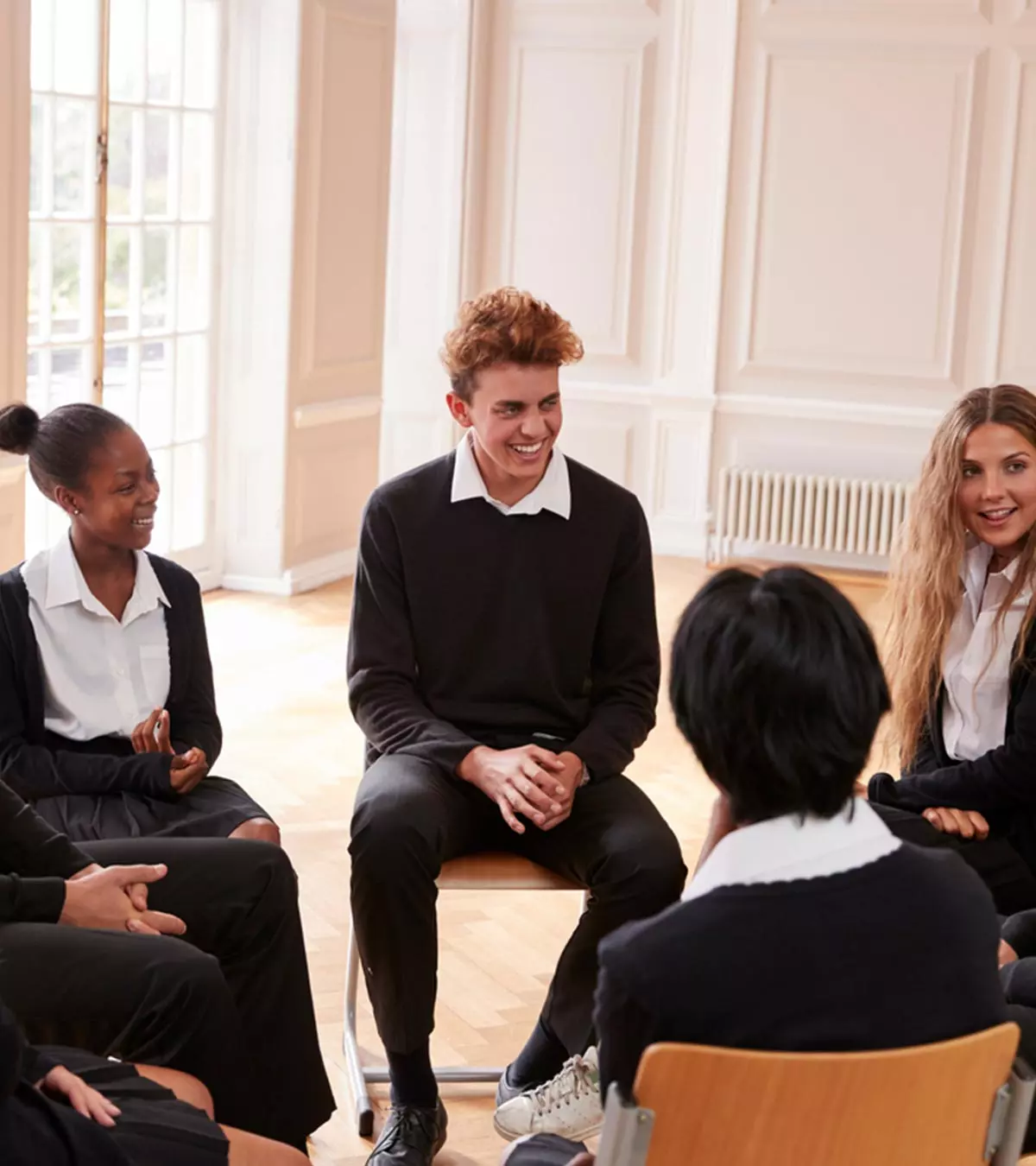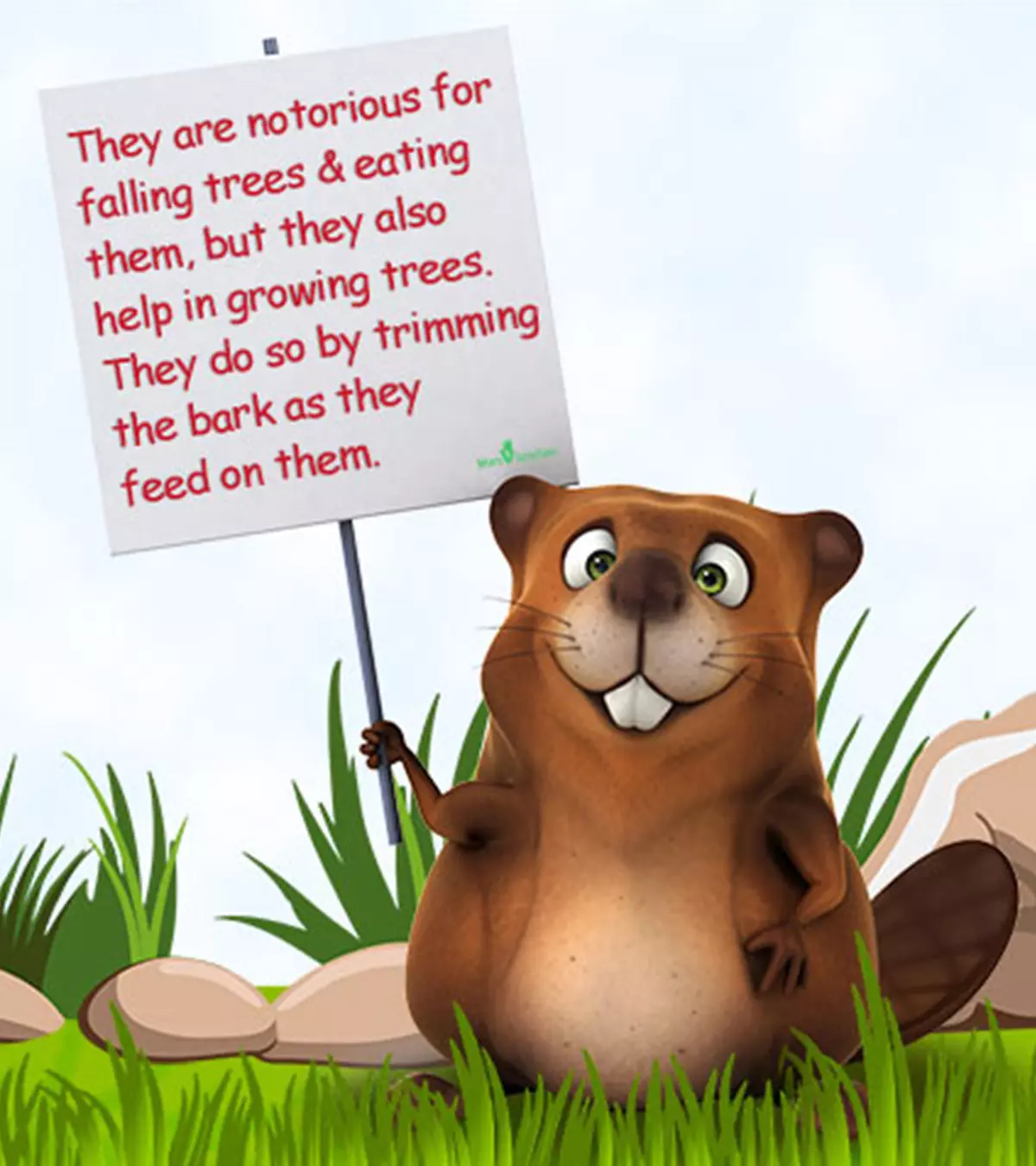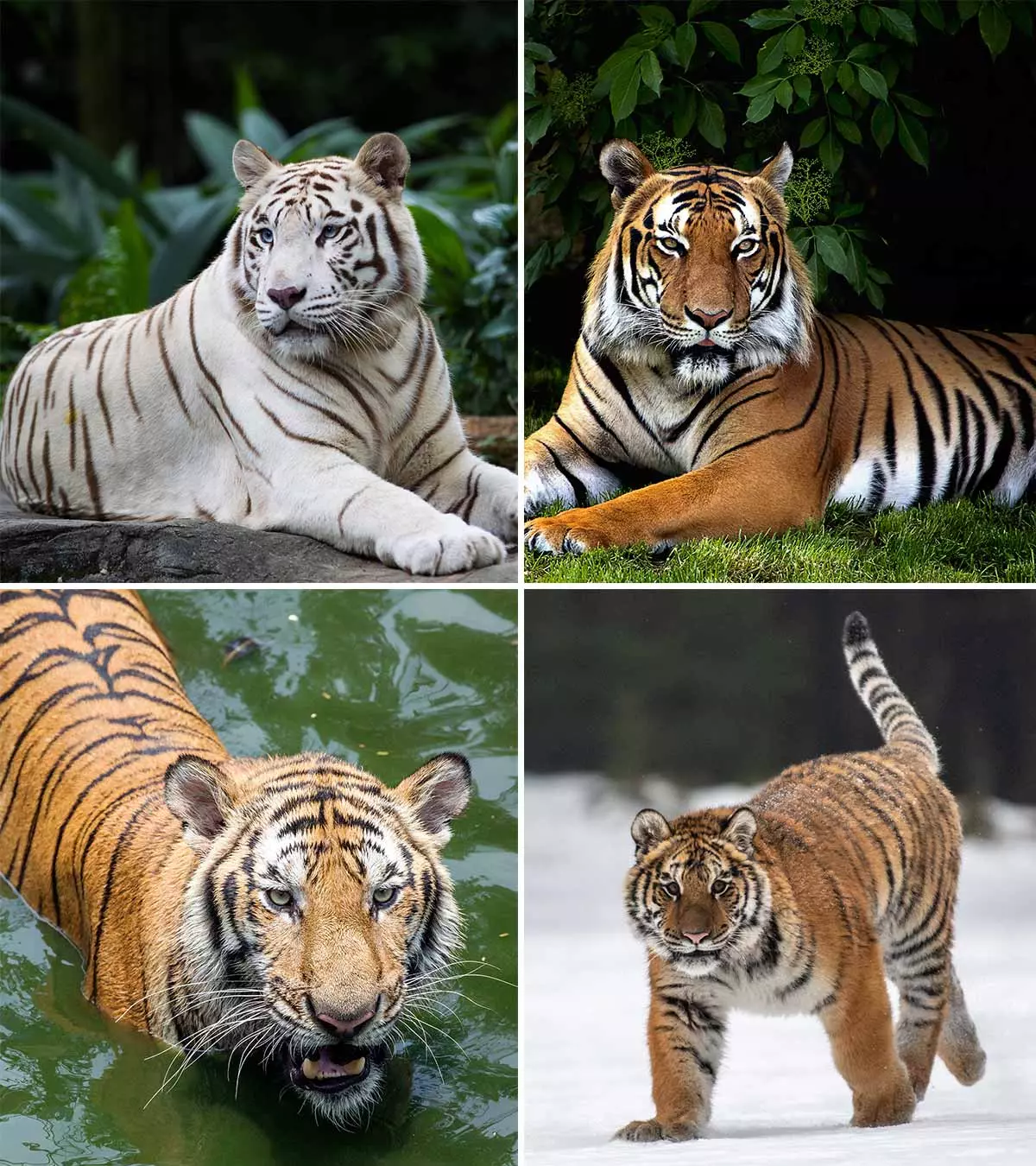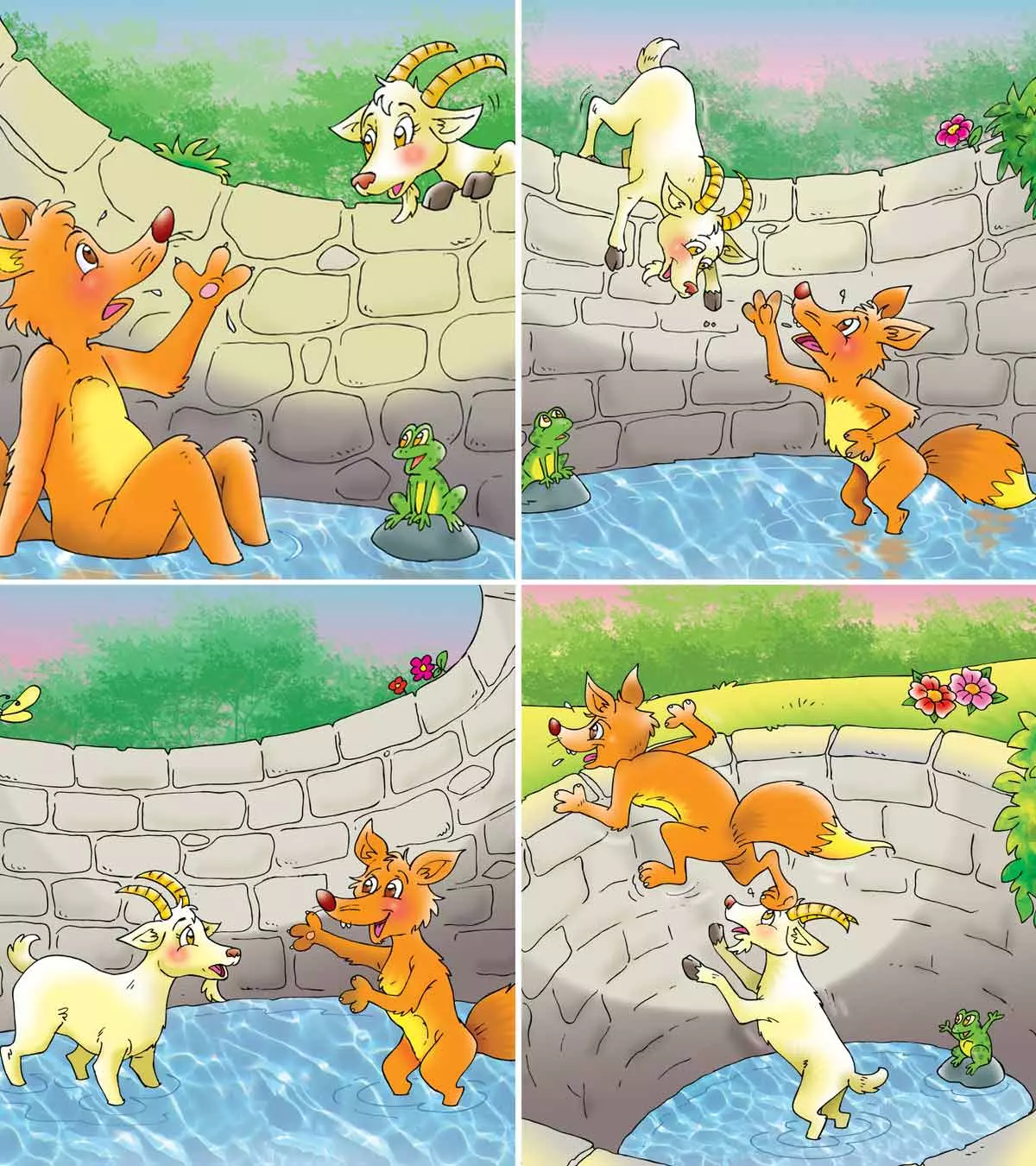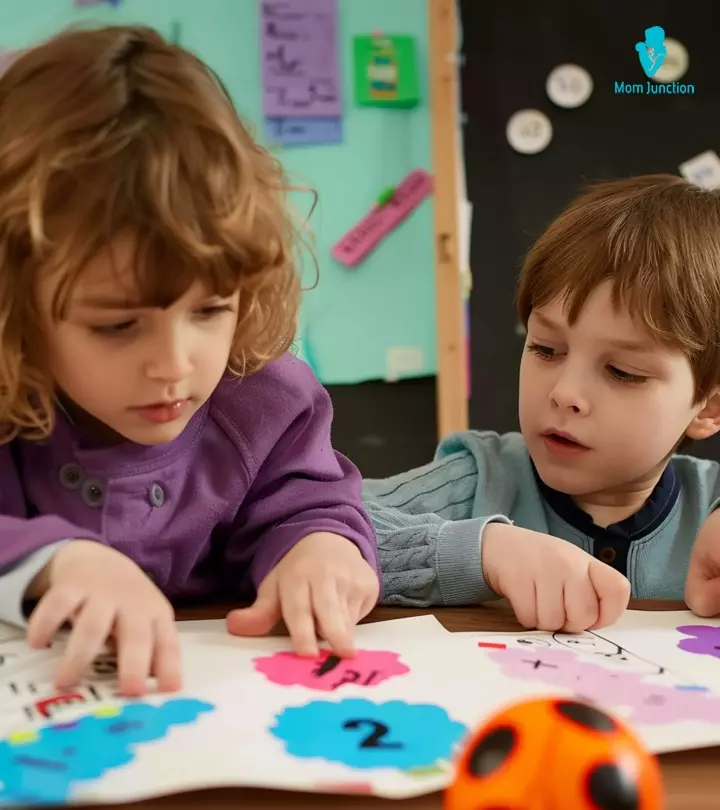
Image: Midjourney/ MomJunction Design Team
Rhyming poems for kids are one of the best ways to introduce and nurture their love for reading and learning. Rhymes are the repetition of similar-sounding words. When employed in a well-written poem, they combine styles and feelings to create a lyrical rhythm, making it easier for children to pick up new words and their meanings. Thus, these poems double as educational tools that help children master language skills. In addition, children can distinguish different expressions leading to the attachment of emotions to the art and aesthetics of the poetry.

Rhyming poems combined with pictures and fingerplays create an exciting audio-visual experience for children. An anonymous kindergarten teacher and mother of four, going by the username dbsenk, shares a few tips that she used when she taught her students poems using fingerplay. She explains, “We all know that different children learn through a variety of styles, and you can present poems and fingerplays in different ways too… I love acting out poems and nursery rhymes – or having 5 children stand up and sit down one at a time with a countdown rhyme. I found the easiest way to keep most children engaged and participating with simple poems and rhymes is to include pictures. When you allow the children to hold and manipulate the pictures as you recite the poems you are incorporating auditory, visual, and kinesthetic styles, and the kids love it (i)!”
So let us read further to explore some rhyming poems that will keep your children engaged and entertained for hours.
Key Pointers
- Rhymes are an integral part of children’s language learning.
- They enrich children’s vocabulary.
- Rhymes impart moral values and education.
- They are a great way to introduce literature to children.
35 Rhyming Poems For Kids
Poems can entertain your children and nurture their creative spirits, helping them develop language, rhythm, and cognitive skills essential for their growth. Here are some rhyming English poems for kids from well-known writers and poets. Read them a few to make their free time fun.
1. From A Railway Carriage, by Robert Louis Stevenson
Faster than fairies, faster than witches,
Bridges and houses, hedges and ditches;
And charging along like troops in a battle,
All through the meadows the horses and cattle:
All of the sights of the hill and the plain
Fly as thick as driving rain;
And ever again, in the wink of an eye,
Painted stations whistle by.
Here is a child who clambers and scrambles,
All by himself and gathering brambles;
Here is a tramp who stands and gazes;
And there is the green for stringing the daisies!
Here is a cart run away in the road
Lumping along with man and load;
And here is a mill and there is a river:
Each a glimpse and gone for ever!
2. February, by Mary Ann Hoberman
February, funny word,
With my “r” that’s hardly heard,
Different in so many ways,
I’m the month with fewest days;
And another thing that’s strange is
I’m the only month that changes:
Every leap year – one in four –
I am given one day more,
Twenty-nine from twenty-eight
(Not so easy to keep straight).
Still it’s lots of fun to vary –
I like being February!
 Quick tip
Quick tip3. Be Glad Your Nose Is on Your Face, by Jack Prelutsky
Be glad your nose is on your face,
not pasted on some other place,
for if it were where it is not,
you might dislike your nose a lot.
Imagine if your precious nose
were sandwiched in between your toes,
that clearly would not be a treat,
for you’d be forced to smell your feet.
Your nose would be a source of dread
were it attached atop your head,
it soon would drive you to despair,
forever tickled by your hair.
Within your ear, your nose would be
an absolute catastrophe,
for when you were obliged to sneeze,
your brain would rattle from the breeze.
Your nose, instead, through thick and thin,
remains between your eyes and chin,
not pasted on some other place—
be glad your nose is on your face!
4. Homework Stew, by Kenn Nesbitt
I cooked my math book in a broth
and stirred it to a steaming froth.
I threw in papers—pencils, too—
to make a pot of homework stew.
I turned the flame up nice and hot
and tossed my binder in the pot.
I sprinkled in my book report
with colored markers by the quart.
Despite its putrid, noxious gas,
I proudly took my stew to class.
And though the smell was so grotesque,
I set it on my teacher’s desk.
My teacher said, “You’re quite a chef.
But, still, you’re going to get an F.
I didn’t ask for ‘homework stew,’
I said, ‘Tomorrow, homework’s due.’”
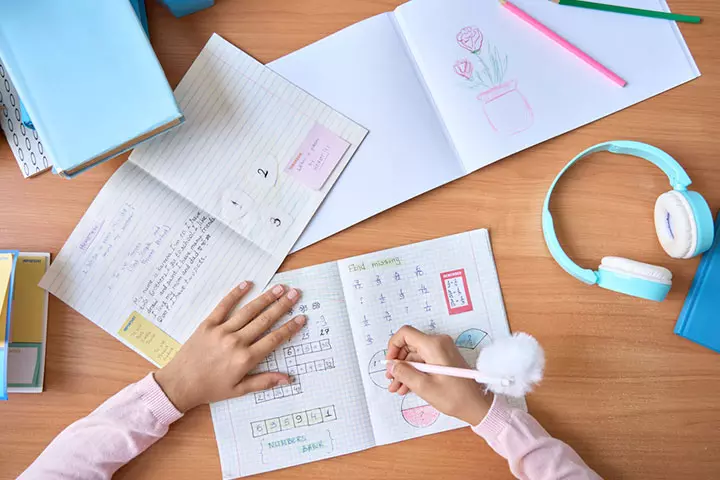
5. Said The Toad, by J. Patrick Lewis
I was really in a muddle
looking over a mud puddle
’cause I didn’t have a paddle
or a twig to ride the reef.
But I said, Oh, fiddle-faddle,
this is just a little piddle
of a second fiddle puddle
so I saddled up a leaf.
I set sail on the puddle,
but I reached the muddy middle
and I rocked the leaf a little,
then I gave it all I had.
And I solved the mighty riddle
of the whole caboodle puddle
when I hopped up on the middle
of a beetle launching pad.
6. The Romance, by Shel Silverstein
Said the pelican to the elephant,
“I think we should marry, I do.
’Cause there’s no name that rhymes with me,
And no one else rhymes with you.”
Said the elephant to the pelican,
“There’s sense to what you’ve said,
For rhyming’s as good a reason as any
For any two to wed.”
And so the elephant wed the pelican,
And they dined upon lemons and limes,
And now they have a baby pelicant,
And everybody rhymes.
7. Cat, by Marilyn Singer
I prefer
warm fur,
a perfect fire
to lie beside,
a cozy lap
where I can nap,
an empty chair
when she’s not there.
I want heat
on my feet
on my nose
on my hide.
No cat I remember
dislikes December
Inside.
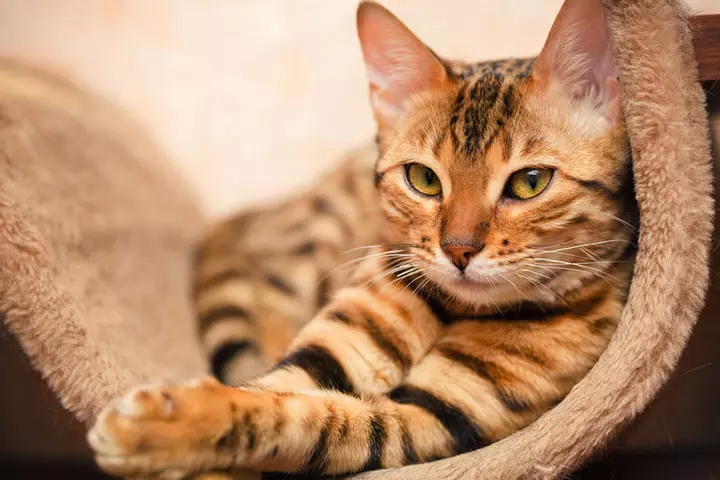
8. Now We Are Six, by A.A. Milne
When I was One,
I had just begun.
When I was Two,
I was nearly new.
When I was Three
I was hardly me.
When I was Four,
I was not much more.
When I was Five,
I was just alive.
But now I am Six,
I’m as clever as clever,
So I think I’ll be six now for ever and ever.
9. Jack, by Jane Yolen
Jack was quite nimble,
Jack was quite quick,
Jack gave the beanstalk
A mighty big kick.
Down came the giant—
GIGANTIC fall—
Bottoms up in a crater,
Thus ending it all.
10. Twinkle, Twinkle, Little Bat, by Lewis Carroll
Twinkle, twinkle, little bat!
How I wonder what you’re at!
Up above the world you fly,
Like a teatray in the sky.
11. Stopping by Woods On A Snowy Evening, by Robert Frost
Whose woods these are I think I know.
His house is in the village, though;
He will not see me stopping here
To watch his woods fill up with snow.
My little horse must think it queer
To stop without a farmhouse near
Between the woods and frozen lake
The darkest evening of the year.
He gives his harness bells a shake
To ask if there is some mistake.
The only other sound’s the sweep
Of easy wind and downy flake.
The woods are lovely, dark and deep,
But I have promises to keep,
And miles to go before I sleep,
And miles to go before I sleep.
12. Down Behind The Dustbin, by Michael Rosen
Down behind the dustbin
I met a dog called Ted.
‘Leave me alone,’ he says,
‘I’m just going to bed.’
Down behind the dustbin
I met a dog called Roger.
‘Do you own this bin?’ I said.
‘No. I’m only a lodger.’
Down behind the dustbin
I met a dog called Sue.
‘What are you doing here?’ I said.
‘I’ve got nothing else to do.’
13. Composed upon Westminster Bridge, September 3, 1802, by William Wordsworth
Earth has not anything to show more fair:
Dull would he be of soul who could pass by
A sight so touching in its majesty:
This City now doth, like a garment, wear
The beauty of the morning; silent, bare,
Ships, towers, domes, theatres, and temples lie
Open unto the fields, and to the sky;
All bright and glittering in the smokeless air.
Never did sun more beautifully steep
In his first splendour, valley, rock, or hill;
Ne’er saw I, never felt, a calm so deep!
The river glideth at his own sweet will:
Dear God! the very houses seem asleep;
And all that mighty heart is lying still!
14. Desire, by Samuel Taylor Coleridge
Where true Love burns Desire is Love’s pure flame;
It is the reflex of our earthly frame,
That takes its meaning from the nobler part,
And but translates the language of the heart.

15. Love’s Philosophy, by Percy Bysshe Shelley
The fountains mingle with the river
And the rivers with the ocean,
The winds of heaven mix for ever
With a sweet emotion;
Nothing in the world is single;
All things by a law divine
In one spirit meet and mingle.
Why not I with thine?—
See the mountains kiss high heaven
And the waves clasp one another;
No sister-flower would be forgiven
If it disdained its brother;
And the sunlight clasps the earth
And the moonbeams kiss the sea:
What is all this sweet work worth
If thou kiss not me?
16. The Sick Rose, by William Blake
O Rose thou art sick.
The invisible worm,
That flies in the night
In the howling storm:
Has found out thy bed
Of crimson joy:
And his dark secret love
Does thy life destroy.
17. Stanzas For Music, by Lord Byron
There be none of Beauty’s daughters
With a magic like thee;
And like music on the waters
Is thy sweet voice to me:
When, as if its sound were causing
The charmed ocean’s pausing,
The waves lie still and gleaming,
And the lull’d winds seem dreaming:
And the midnight moon is weaving
Her bright chain o’er the deep;
Whose breast is gently heaving,
As an infant’s asleep:
So the spirit bows before thee,
To listen and adore thee;
With a full but soft emotion,
Like the swell of Summer’s ocean.
18. In The Bleak Midwinter, by Christina Rossetti
In the bleak midwinter, frosty wind made moan,
Earth stood hard as iron, water like a stone;
Snow had fallen, snow on snow, snow on snow,
In the bleak midwinter, long ago.
Our God, Heaven cannot hold Him, nor earth sustain;
Heaven and earth shall flee away when He comes to reign.
In the bleak midwinter a stable place sufficed
The Lord God Almighty, Jesus Christ.
Enough for Him, whom cherubim, worship night and day,
Breastful of milk, and a mangerful of hay;
Enough for Him, whom angels fall before,
The ox and ass and camel which adore.
Angels and archangels may have gathered there,
Cherubim and seraphim thronged the air;
But His mother only, in her maiden bliss,
Worshipped the beloved with a kiss.
What can I give Him, poor as I am?
If I were a shepherd, I would bring a lamb;
If I were a Wise Man, I would do my part;
Yet what I can I give Him: give my heart.
19. Fall, Leaves, Fall, by Emily Bronte
Fall, leaves, fall; die, flowers, away;
Lengthen night and shorten day;
Every leaf speaks bliss to me
Fluttering from the autumn tree.
I shall smile when wreaths of snow
Blossom where the rose should grow;
I shall sing when night’s decay
Ushers in a drearier day.
20. No Second Troy, by William Butler Yeats
Why should I blame her that she filled my days
With misery, or that she would of late
Have taught to ignorant men most violent ways,
Or hurled the little streets upon the great,
Had they but courage equal to desire?
What could have made her peaceful with a mind
That nobleness made simple as a fire,
With beauty like a tightened bow, a kind
That is not natural in an age like this,
Being high and solitary and most stern?
Why, what could she have done, being what she is?
Was there another Troy for her to burn?
 Trivia
Trivia21. Song, by James Joyce
My love is in a light attire
Among the apple trees,
Where the gay winds do most desire
To run in companies.
There, where the gay winds stay to woo
The young leaves as they pass,
My love goes slowly, bending to
Her shadow on the grass.
And where the sky’s a pale blue cup
Over the laughing land,
My love goes lightly, holding up
Her dress with dainty hand.
22. The Heavenly City, by Stevie Smith
I sigh for the heavenly country,
Where the heavenly people pass,
And the sea is as quiet as a mirror
Of beautiful beautiful glass.
I walk in the heavenly field,
With lilies and poppies bright,
I am dressed in a heavenly coat
Of polished white.
When I walk in the heavenly parkland
My feet on the pasture are bare,
Tall waves the grass, but no harmful
Creature is there.
At night I fly over the housetops,
And stand on the bright moony beams;
Gold are all heaven’s rivers,
And silver her streams.

23. My Kingdom, by Robert Louis Stevenson
Down by a shining water well
I found a very little dell,
No higher than my head.
The heather and the gorse about
In summer bloom were coming out,
Some yellow and some red.
I called the little pool a sea;
The little hills were big to me;
For I am very small.
I made a boat, I made a town,
I searched the caverns up and down,
And named them one and all.
And all about was mine, I said,
The little sparrows overhead,
The little minnows too.
This was the world and I was king;
For me the bees came by to sing,
For me the swallows flew.
I played there were no deeper seas,
Nor any wider plains than these,
Nor other kings than me.
At last I heard my mother call
Out from the house at evenfall,
To call me home to tea.
And I must rise and leave my dell,
And leave my dimpled water well,
And leave my heather blooms.
Alas! and as my home I neared,
How very big my nurse appeared.
How great and cool the rooms!
24. The Porcupine, by Ogden Nash
Any hound a porcupine nudges
Can’t be blamed for harboring grudges,
I know one hound that laughed all winter
At a porcupine that sat on a splinter.
25. A Nonsense Song, by Stephen Vincent Benet
Rosemary, Rosemary, let down your hair!
The cow’s in the hammock, the crow’s in the chair!
I was making you songs out of sawdust and silk,
But they came in to call and they spilt them like milk.
The cat’s in the coffee, the wind’s in the east,
He screams like a peacock and whines like a priest
And the saw of his voice makes my blood turn to mice-
So let down your long hair and shut off his advice!
Pluck out the thin hairpins and let the waves stream,
Brown-gold as brook-waters that dance through a dream,
Gentle-curled as young cloudlings, sweet-fragrant as bay,
Till it takes all the fierceness of living away.
Oh, when you are with me, my heart is white steel,
But the bat’s in the belfry, the mold’s in the meal,
And I think I hear skeletons climbing the stair!
-Rosemary, Rosemary, let down your bright hair!
26. Dentist And The Crocodile, by Roald Dahl
The crocodile, with cunning smile, sat in the dentist’s chair.
He said, “Right here and everywhere my teeth require repair.”
The dentist’s face was turning white. He quivered, quaked and shook.
He muttered, “I suppose I’m going to have to take a look.”
“I want you”, Crocodile declared, “to do the back ones first.
The molars at the very back are easily the worst.”
He opened wide his massive jaws. It was a fearsome sight—
At least three hundred pointed teeth, all sharp and shining white.
The dentist kept himself well clear. He stood two yards away.
He chose the longest probe he had to search out the decay.
“I said to do the back ones first!” the Crocodile called out.
“You’re much too far away, dear sir, to see what you’re about.
To do the back ones properly you’ve got to put your head
Deep down inside my great big mouth,” the grinning Crocky said.
The poor old dentist wrung his hands and, weeping in despair,
He cried, “No no! I see them all extremely well from here!”
Just then, in burst a lady, in her hands a golden chain.
She cried, “Oh Croc, you naughty boy, you’re playing tricks again!”
“Watch out!” the dentist shrieked and started climbing up the wall.
“He’s after me! He’s after you! He’s going to eat us all!”
“Don’t be a twit,” the lady said, and flashed a gorgeous smile.
“He’s harmless. He’s my little pet, my lovely crocodile.”
27. Trees, by Joyce Kilmer
I think that I shall never see
A poem lovely as a tree.
A tree whose hungry mouth is prest
Against the earth’s sweet flowing breast;
A tree that looks at God all day,
And lifts her leafy arms to pray;
A tree that may in Summer wear
A nest of robins in her hair;
Upon whose bosom snow has lain;
Who intimately lives with rain.
Poems are made by fools like me,
But only God can make a tree.
28. Across The Border, by Sophie Jewett
Where all the trees bear golden flowers,
And all the birds are white;
Where fairy folk in dancing hours
Burn stars for candlelight;
Where every wind and leaf can talk,
But no man understand
Save one whose child-feet chanced to walk
Green paths of fairyland;
I followed two swift silver wings;
I stalked a roving song;
I startled shining, silent things;
I wandered all day long.
But when it seemed the shadowy hours
Whispered of soft-foot night,
I crept home to sweet common flowers,
Brown birds, and candlelight.
29. When I Was One-and-Twenty, by A.E. Housman
When I was one-and-twenty
I heard a wise man say,
“Give crowns and pounds and guineas
But not your heart away;
Give pearls away and rubies
But keep your fancy free.”
But I was one-and-twenty,
No use to talk to me.
When I was one-and-twenty
I heard him say again,
“The heart out of the bosom
Was never given in vain;
’Tis paid with sighs a plenty
And sold for endless rue.”
And I am two-and-twenty,
And oh, ’tis true, ’tis true.
30. The Violet, by Jane Taylor
Down in a green and shady bed,
A modest violet grew,
Its stalk was bent, it hung its head,
As if to hide from view.
And yet it was a lovely flower,
Its colours bright and fair;
It might have graced a rosy bower,
Instead of hiding there,
Yet there it was content to bloom,
In modest tints arrayed;
And there diffused its sweet perfume,
Within the silent shade.
Then let me to the valley go,
This pretty flower to see;
That I may also learn to grow
In sweet humility.
 Did you know?
Did you know?31. My Doggy Ate My Essay, by Darren Sardelli
My doggy ate my essay.
He picked up all my mail.
He cleaned my dirty closet
and dusted with his tail.
He straightened out my posters
and swept my wooden floor.
My parents almost fainted
when he fixed my bedroom door.
I did not try to stop him.
He made my windows shine.
My room looked like a palace,
and my dresser smelled like pine.
He fluffed up every pillow.
He folded all my clothes.
He even cleaned my fish tank
with a toothbrush and a hose.
I thought it was amazing
to see him use a broom.
I’m glad he ate my essay
on “How to Clean My Room.”

32. When I Am Gone, by Shel Silverstein
When I am gone what will you do?
Who will write and draw for you?
Someone smarter—someone new?
Someone better—maybe YOU!
33. A Child’s Calendar, by John Updike
November
The stripped and shapely
Maple grieves
The ghosts of her
Departed leaves.
The ground is hard,
As hard as stone.
The year is old,
The birds are flown.
And yet the world,
In its distress,
Displays a certain
Loveliness—
34. The Mermaid Queen, by Joseph Coelho
My mother, The Mermaid Queen, wept tiny pearl tears.
For weeks, for months, she cried through the seasons.
High-tide storm-sobbing, would it last for years?
Her sadness felt endless, beyond all reason.
Mermaids cry puddles, lakes and even streams.
My mother’s wailed river flooded our home.
She cried in the night, she cried in my dreams,
no comfort could reach her floating throne.
I swim in her blues with webbed feet and hands,
my mind feels sodden like earth after rain,
my feelings are scattered like windswept sands.
I wonder how long I will feel this pain.
To go feels wrong, to stay makes me feel sad.
I want to see my mum and I want to see my dad.
35. Life Doesn’t Frighten Me, by Maya Angelou
Shadows on the wall
Noises down the hall
Life doesn’t frighten me at all
Bad dogs barking loud
Big ghosts in a cloud
Life doesn’t frighten me at all
Mean old Mother Goose
Lions on the loose
They don’t frighten me at all
Dragons breathing flame
On my counterpane
That doesn’t frighten me at all.
I go boo
Make them shoo
I make fun
Way they run
I won’t cry
So they fly
I just smile
They go wild
Life doesn’t frighten me at all.
Tough guys fight
All alone at night
Life doesn’t frighten me at all.
Panthers in the park
Strangers in the dark
No, they don’t frighten me at all.
That new classroom where
Boys all pull my hair
(Kissy little girls
With their hair in curls)
They don’t frighten me at all.
Don’t show me frogs and snakes
And listen for my scream,
If I’m afraid at all
It’s only in my dreams.
I’ve got a magic charm
That I keep up my sleeve
I can walk the ocean floor
And never have to breathe.
Life doesn’t frighten me at all
Not at all
Not at all.
Life doesn’t frighten me at all.
Why Do We Teach Rhymes To Kindergarten?
Rhymes are beneficial and provide an educational method of learning that is innovative and fun-filled for children. Some of the primary reasons they are a necessary part of the kindergarten curriculum are:
- They play an essential role in language development and phonic awareness as children listen attentively and learn how and when to use specific words.
- Rhymes can help children differentiate the meanings of similar-sounding words, motivating them to work on their listening, memory, vocabulary, and communication skills.
- They learn various moral lessons and life skills through group activities like reading rhymes such as respect, friendliness, loyalty, sympathy, kindness, and warmth.
- Rhymes keep them engaged, offer companionship, and help develop their thinking.
How Do You Teach Rhyming Words To Kindergarten?
Every child has a learning curve when it comes to mastering a skill. However, educators and parents can introduce rhymes in kindergarten. With proper engagement, learning activities, and teaching aids like books, games, and the internet, teaching rhymes have become more accessible. Learning rhymes is a three-fold process in which the children learn to identify the sounds made, differentiate and understand the presence of similar-sounding words, and replicate it by producing rhyming words. Some tips to keep in mind while teaching rhyming words to kindergarten are:
- Try keeping it simple and easy, and start with the familiar nursery rhymes
- You could incorporate games and activities such as rhyming scavenger hunt, poetry reading sessions, or use puppets to act out poems.
- Include audio rhyming lessons to develop sharp listening skills
- Teach different vocal sounds
- Lastly, be patient and polite with the children
Frequently Asked Questions
1. What is a five-line poem?
Five-line poems or stanzas are known as quintain or quintets.
2. What are two-line rhyming stanzas called?
A couplet is a two-line rhyming stanza consisting of two successive lines and the same meter.
3. How can parents and educators use rhyming poems to help children develop language skills?
Rhyming poems expose children to rhythmic patterns and enhance their ability to recognize and manipulate the sounds in spoken language. For instance, alliteration poems for kids help children recognize a particular alphabet and its various pronunciations. They can support children’s vocabulary acquisition while making learning enjoyable and engaging.
4. How does rhyming contribute to the rhythm and flow of a poem?
Rhyming creates a pattern of similar sounds at the end of lines, adding musicality and structure. The consistent use of rhymes helps establish a regular meter, giving the poem a distinct modulation of the voice (cadence) that contributes to the poem’s overall flow.
5. What is the importance of rhyming in children’s poetry?
Rhyming in children’s poetry helps develop phonemic awareness, supports language and vocabulary development, and makes the poems more engaging and memorable for young readers, fostering a love for language and literature.
6. What are some common themes in rhyming poems for kids?
While animal poems for kids are among the most popular themes, nature, friendship, imagination, adventure, family, emotions, and bedtime themes also appear recurrently in children’s rhyming poems. These themes often resonate with children, which helps capture their interest in poems and foster a sense of wonder and connection to the world around them.
Rhyming poems for kids have existed for centuries and are often passed down through generations. They are short, catchy, and fun to recite. As a result, these poems have become an essential part of children’s education. They enable children to pick up the language and impart life lessons. The key is to select age-appropriate rhymes that are easy to learn and find activities that improve their listening skills. In addition, rhyming poems inspire and ignite young minds with a fertile imagination.
Infographic: Popular Rhyming Toys
Rhyming toys are a fun way to educate children and teach them the foundation of language and literature. They help refine the motor skills in children and make them coordinate with different images, shapes, and words. Furthermore, they stimulate creativity and imagination in children. Let us look at six popular rhyming toys for children in this infographic.
Some thing wrong with infographic shortcode. please verify shortcode syntaxIllustration: Most Famous Rhyming Poems For Kids

Image: Stable Diffusion/MomJunction Design Team
Let your kids learn to love to rhyme with this fun and educational video from Jack Hartmann! Kids will learn to recognize and create rhymes with ease.
Personal Experience: Source
MomJunction articles include first-hand experiences to provide you with better insights through real-life narratives. Here are the sources of personal accounts referenced in this article.
i. Poems and fingerplays.https://medium.com/@tacklingtrips/of-baby-names-and-tiny-humans-9dd6d1997336
Rhyming Poems for Kids: Engage and Educate
Watch this fun video to discover easy-to-follow rhyming poems for kids that boost language skills, enrich vocabulary, and spark imagination. Dive in and learn these engaging rhymes now!
Community Experiences
Join the conversation and become a part of our nurturing community! Share your stories, experiences, and insights to connect with fellow parents.
Read full bio of Vinita Agrawal
Read full bio of N Pravenchandra Singh
Read full bio of Harshita Makvana
Read full bio of Benidamika J Latam









